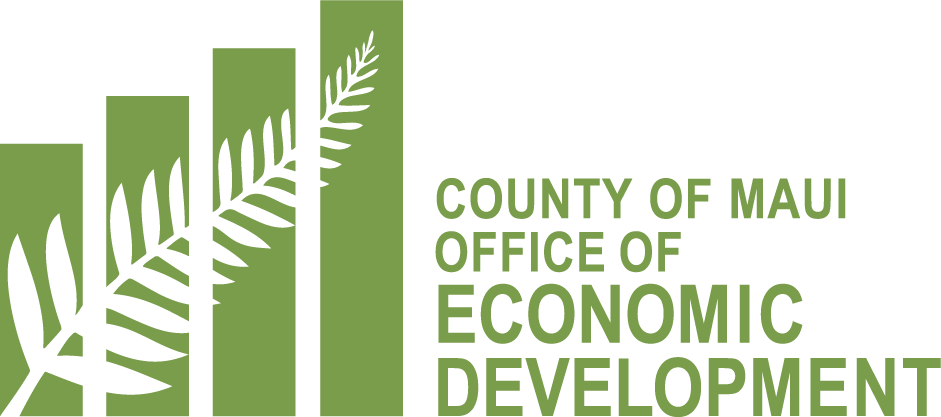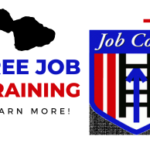Navigating the interview process can be a daunting experience, whether you’re a seasoned professional or just starting out in your career. One of the most critical aspects of any job interview is how you respond to the questions posed by your potential employer. Your answers not only reflect your qualifications and experience but also provide insight into your personality, problem-solving abilities, and cultural fit within the organization.
Question 1: Tell me about yourself
Although, not a question, this is a common statement for interviewers to make when getting to know potential employees. It is important to be able to list your professional and personal qualifications and hobbies. For example, if you volunteer for a non-profit or community organization be sure to mention that and include specific examples of what you do. If your volunteer work includes event planning, administrative tasks, social media, photography, video editing or social events those are all valuable skills to mention. Hobbies can also be included. For example, if you write creatively or publish your work anywhere this is also worthy to mention. Create a list of everything you do so you’re prepared to talk about yourself.
Another way to glean information is to ask friends and family members about strengths that they see. It will give you good insight into yourself and you can mention interesting anecdotes such as “my friends tell me that I’m great at [fill in the blank.]” The people around us that know us the best can help craft what you can say in an interview.
Question 2: What Skills Do you Have?
There are a few ways to answer this question, however, talking about soft skills is a great idea. Soft skills include being enthusiastic, consistent, always being on time and showing up, and being a quick learner. Offering examples of how these skills have helped in the past and solved problems is a smart way to share why these are important. Articulating yourself clearly is another skill the interviewer will see as well. This is why it’s so important to practice with another person.
Questions 3: Where do you see yourself in five years?
Whatever you do, don’t say “not here.” Even if this current position isn’t your ideal job, there is always something you can learn from it. When thinking about your career trajectory it’s important to be honest. If you’re not sure talk about skills you can learn, professional development opportunities and being able to navigate the working world. Talk about being a team player, growing in the skills the job offers and expanding the job, if appropriate. Focus on the positive and show that no matter what the position is, you value it’s importance to the company.
Finally, bring your resume to the interview. Even if you’ve already submitted it online, find a way to update it so you can hand in a new one. You can also use it as a way to remind yourself of what you can talk about during the interview. Be yourself, show your personality and express gratitude for the opportunity.


